"Just a Housewife": The Rise and Fall of Domesticity in America

Summary
Housewives are a vast portion of humanity, yet they have received very little attention, let alone respect. Now Glenna Matthews, who spent many years as "just a housewife" before becoming a scholar of American history, sets out to redress this imbalance.
What she has found will surprise many While there was always greater esteem for the male world of work, in the mid-nineteenth century, she maintains there was such widespread reverence for the home that housewives had considerable self-respect. The early stages of industrialization--the
invention of the stove and the sewing machine, for example--made possible a craft tradition of cooking, baking and sewing that gave women great satisfaction and a place in the world. The home had an important religious role and was seen as the center of republican virtue. There was an
intermingling of private and public spheres for both men and women, and marriage was generally companionate.
One hundred years later, even though women had new opportunities, most women were still occupying the role of housewife, yet much less esteem was attached to that role. On the basis of an examination of a vast array of sources, ranging from novels like Huckleberry Finn , Uncle Tom's Cabin and Main
Street , as well as letters, popular magazines, and cookbooks, Matthews sets out to examine what women had, and what they have lost in modern times. She argues that the culture of profesionalism of the late nineteenth century and the culture of consumption that came to fruition in the 1920s combined
to kill off the "cult of domesticity" and led to what Betty Friedan identified in Feminine Mystique as "the problem that has no name"--the emptiness and devaluation of many housewive's lives.
This is an important, challenging book that sheds new light on a central aspect of human experience, the essential task of providing for a society's nurture and daily maintenance.
Similar Books
-
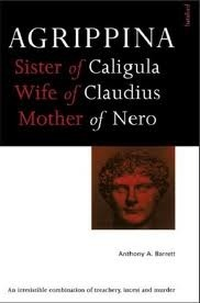 Agrippina: Mother of Nero
Agrippina: Mother of Neroby Anthony A. Barrett
-
 Agrippina: Sex, Power, and Politics in the Early Empire
Agrippina: Sex, Power, and Politics in the Early Empireby Anthony A. Barrett
-
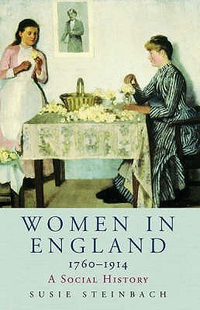 Women in England 1760-1914: A Social History
Women in England 1760-1914: A Social Historyby Susie Steinbach
-
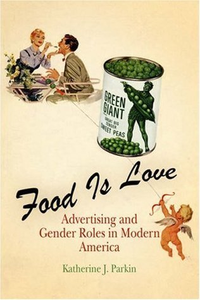 Food Is Love: Advertising and Gender Roles in Modern America
Food Is Love: Advertising and Gender Roles in Modern Americaby Katherine J. Parkin
-
 From Good Goddess to Vestal Virgins: Sex and Category in Roman Religion
From Good Goddess to Vestal Virgins: Sex and Category in Roman Religionby Ariadne Staples
-
 Matrona Docta
Matrona Doctaby Emily A. Hemelrijk
-
 Illicit Passage
Illicit Passageby Alice Nunn
-
 Sex without Consent: Rape and Sexual Coercion in America
Sex without Consent: Rape and Sexual Coercion in Americaby Merril D. Smith
-
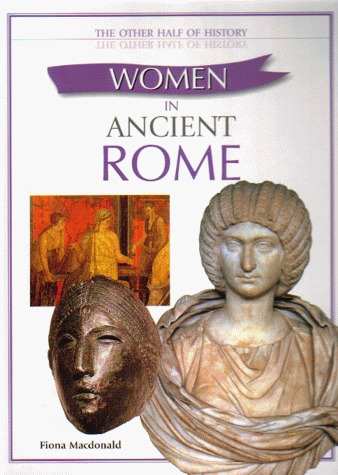 Women In Ancient Rome
Women In Ancient Romeby Fiona MacDonald
-
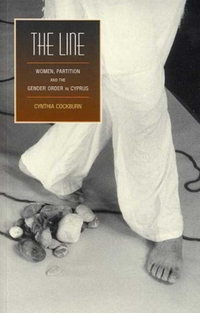 The Line: Women, Partition and the Gender Order in Cyprus
The Line: Women, Partition and the Gender Order in Cyprusby Cynthia Cockburn
-
 Women in Ancient Rome
Women in Ancient Romeby Fiona MacDonald
-
 Sexual Blackmail: A Modern History
Sexual Blackmail: A Modern Historyby Angus McLaren
-
 The Family in Greek History
The Family in Greek Historyby Cynthia B. Patterson
-
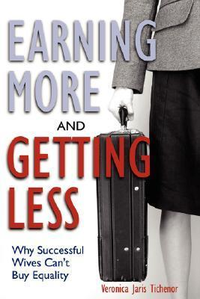 Earning More and Getting Less: Why Successful Wives Can't Buy Equality
Earning More and Getting Less: Why Successful Wives Can't Buy Equalityby Veronica Jaris Tichenor
-
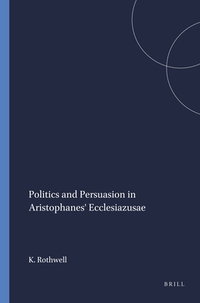 Politics and Persuasion in Aristophanes' Ecclesiazusae
Politics and Persuasion in Aristophanes' Ecclesiazusaeby Kenneth S. Rothwell
-
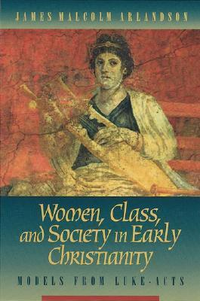 Women, Class, and Society in Early Christianity: Models from Luke-Acts
Women, Class, and Society in Early Christianity: Models from Luke-Actsby James Malcolm Arlandson
-
 Bitter Choices: Blue-Collar Women in and Out of Work
Bitter Choices: Blue-Collar Women in and Out of Workby Ellen Israel Rosen